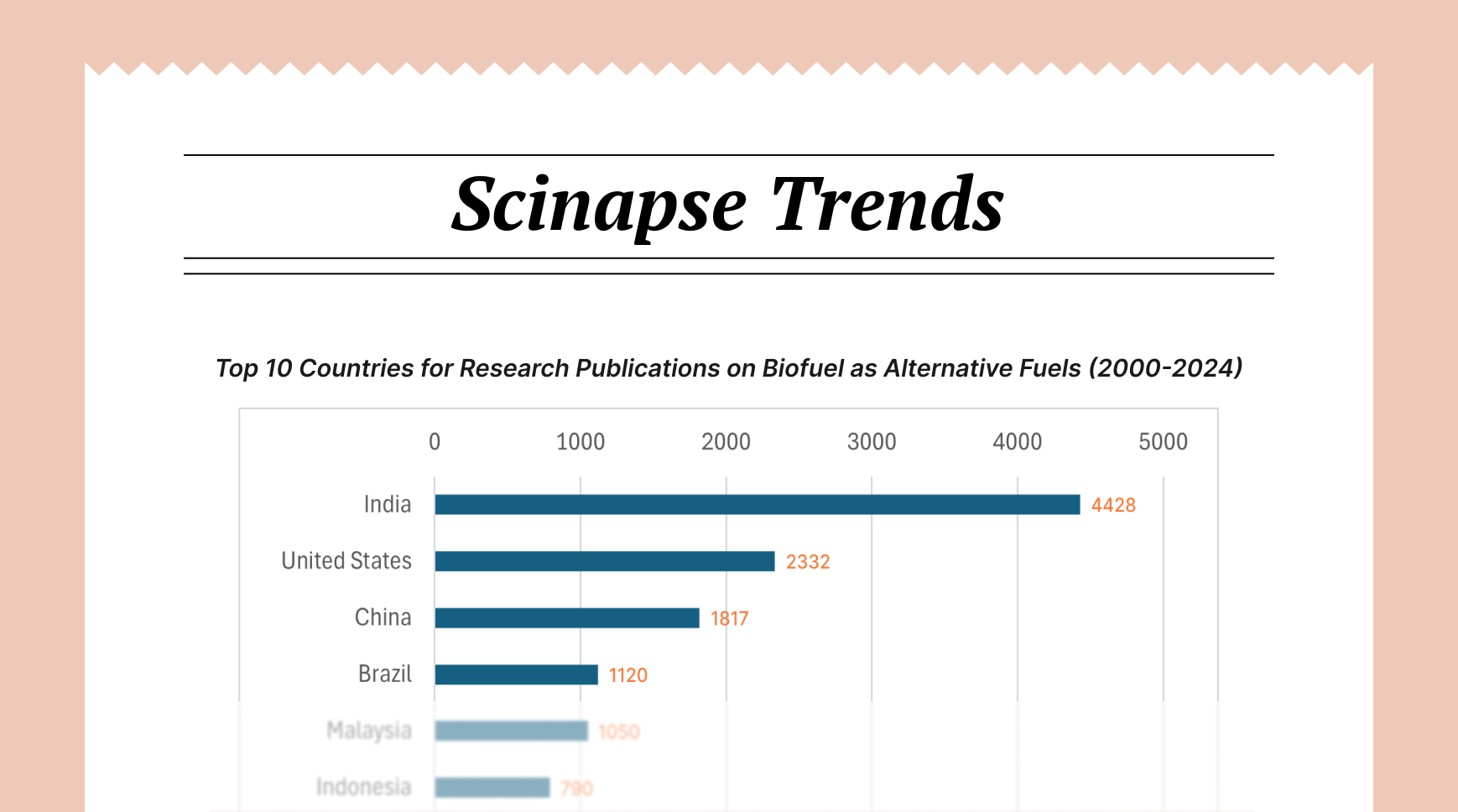10 Common Mistakes to Avoid When Writing a Literature Review

Writing a literature review can be a daunting task, especially for those new to academic research. A literature review not only synthesizes existing research but also establishes the foundation for your study. However, many researchers make mistakes that can undermine the quality and credibility of their review. In this article, we will explore the 10 most common mistakes to avoid when writing a literature review.

Mistake 1: Lack of a Clear Research Question
One of the biggest mistakes is starting without a clear research question or objective. A literature review should be focused and aligned with the research goal. Without a well-defined question, your review may become vague and scattered.
How to Avoid:
- Define your research question before you begin your search.
- Clearly outline the scope of your review to stay on track.
Mistake 2: Inadequate Search Strategy
An ineffective search strategy can result in missing key studies. Failing to use relevant databases or neglecting Boolean operators can lead to an incomplete literature review.
How to Avoid:
- Use academic search engines like Scinapse, PubMed, and JSTOR.
- Combine keywords with Boolean operators (AND, OR, NOT).
- Keep track of your search terms and strategies.
Mistake 3: Relying on Low-Quality Sources
Including sources from non-reputable or non-peer-reviewed journals can compromise the credibility of your review.
How to Avoid:
- Prioritize peer-reviewed journal articles and academic books.
- Cross-check the credibility of your sources.
- Avoid sources with questionable methodologies or outdated data.
Mistake 4: Lack of Organization and Structure
A poorly structured literature review can confuse readers and obscure key points. Jumping randomly from one study to another without logical flow is a common mistake.
How to Avoid:
- Choose a structure: thematic, chronological, or methodological.
- Group related studies together to maintain coherence.
Mistake 5: Summarizing Instead of Synthesizing
Simply summarizing studies without analyzing their relationships leads to a lackluster review. Synthesis means discussing how studies relate to one another and to your research question.
How to Avoid:
- Look for patterns, agreements, and contradictions among studies.
- Discuss the significance of the combined findings.
Mistake 6: Ignoring Methodological Differences
Overlooking differences in study methods can skew your analysis. Each method offers unique insights, and understanding them is crucial for accurate synthesis.
How to Avoid:
- Compare methodologies explicitly and discuss their implications.
- Acknowledge the strengths and limitations of each approach.
Mistake 7: Failing to Identify Research Gaps
A literature review should highlight gaps that your research intends to fill. Overlooking these gaps reduces the relevance of your study.
How to Avoid:
- Clearly state what the literature lacks.
- Propose how your study aims to address these gaps.
Mistake 8: Neglecting Citation Accuracy
Improper citations can lead to plagiarism accusations or credibility issues. Citation errors are common but avoidable with careful attention.
How to Avoid:
- Use citation management tools like EndNote or Zotero.
- Double-check citation formats (APA, MLA, Chicago).
Mistake 9: Not Updating Your Literature
Relying on outdated studies can weaken your literature review. Always check for the most recent research, especially in rapidly evolving fields.
How to Avoid:
- Set time limits when searching (e.g., last 5 years).
- Regularly update your list of references.
Mistake 10: Weak or Inconsistent Conclusions
A literature review that lacks a strong conclusion fails to tie together the findings. Your conclusion should restate the key insights and suggest directions for future research.
How to Avoid:
- Summarize the main findings and their relevance.
- Offer a clear direction for future studies.
Conclusion
Avoiding these common mistakes when writing a literature review will enhance the quality and impact of your scholarly work. By focusing on clarity, organization, and synthesis, you can craft a literature review that not only informs but also adds value to your field of study.
Author: Uttkarsha B
- AI-Ethicist and STM Research & Publishing Expert
Never re-search again.
Scinapse is made by researchers for researchers.
Join the next generation of research at ⏯️ https://scinapse.io/
Pluto Labs
Pluto Labs helps researchers focus on their research by improving several inefficiencies in the academic research process. We offer data-driven insights from academic papers, allowing users to easily obtain review-level results for their desired range of papers.
https://pluto.im/





Comments ()